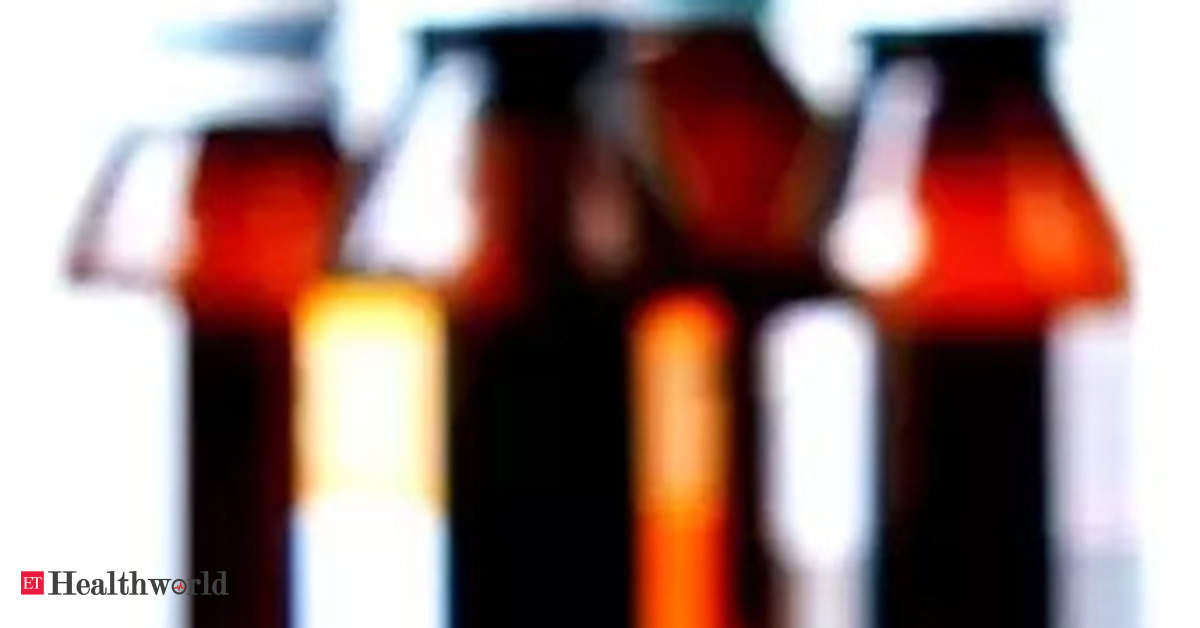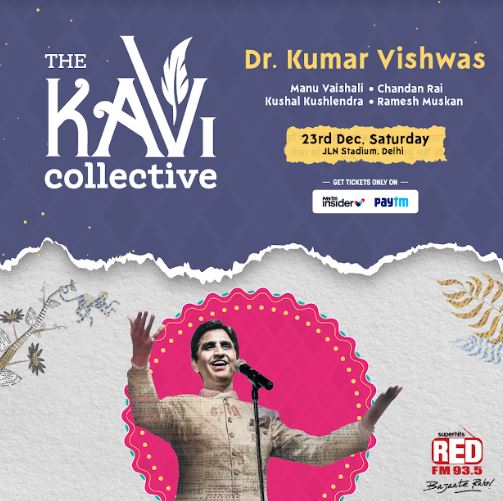WHO drew premature link between children deaths in Gambia, India-made cough syrups: DCGI
The DCGI said the Gambia has informed, according to media, that there has been no direct causal relation established yet between the cough syrup consumption and the deaths, and that certain children who had died had not consumed the syrup in question.

The DCGI said the Gambia has informed, according to media, that there has been no direct causal relation established yet between the cough syrup consumption and the deaths, and that certain children who had died had not consumed the syrup in question.
New Delhi: The WHO drew a premature link between the deaths of children in Gambia and the four India-made cough syrups which adversely impacted the image of the country's pharmaceutical products across the globe, India's drug regulator has told the global health body. In the latest letter to Dr Rogerio Gaspar, Director (Regulation and Prequalification) at WHO, Drugs Controller General of India (DCGI) Dr V G Somani said a statement issued by the global health body
in October in the wake of the deaths "was unfortunately amplified by the global media which led to a narrative being built internationally targeting the quality of Indian pharmaceutical products".
The DCGI said the Gambia has informed, according to media, that there has been no direct causal relation established yet between the cough syrup consumption and the deaths, and that certain children who had died had not consumed the syrup in question.
In the letter, Somani said the samples of four made-in-India cough syrups linked to the deaths of 66 children in Gambia which were tested in a government laboratory here were found to be complying with specifications and not to have been contaminated with DEG or EG according to the test reports.
These reports have been made available to the technical committee of experts constituted to examine and analyse the details of the reports and adverse events received from WHO.
The DCGI reiterated full cooperation and collaboration with WHO and said Central Drugs Standard Control Organisation (CDSCO) has already shared available details with WHO regularly.






















